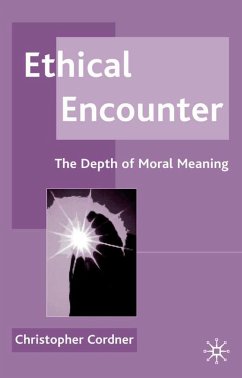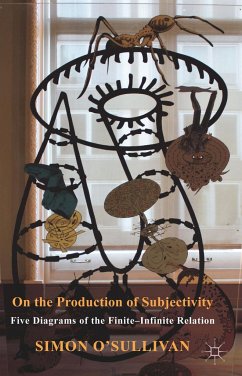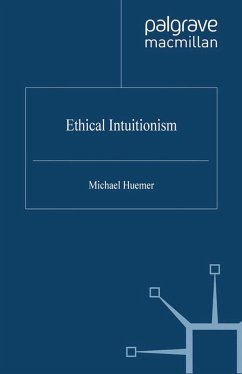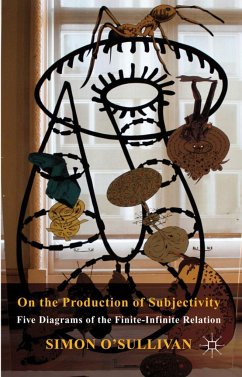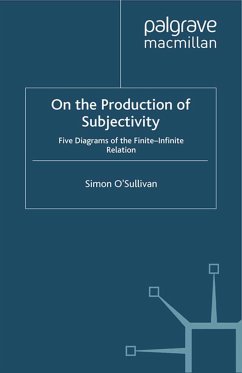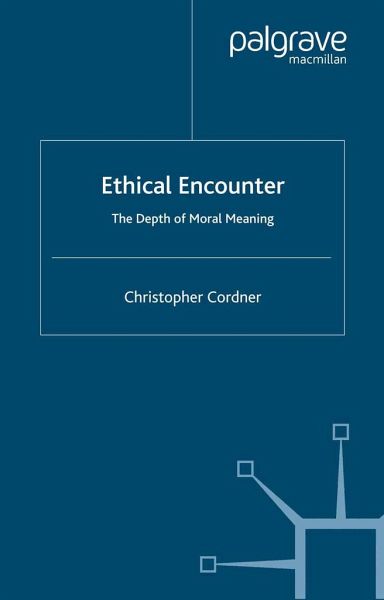
Ethical Encounter
The Depth of Moral Meaning
Versandkostenfrei!
Versandfertig in 6-10 Tagen
76,99 €
inkl. MwSt.
Weitere Ausgaben:

PAYBACK Punkte
38 °P sammeln!
This book shows how our moral concepts are nourished by awe, reverence and various forms of love. These ways of encountering the world and other human beings inform our sense of good and evil, of justice and injustice, of obligation, of fidelity and betrayal, and of many virtues and vices. In ways moral philosophy commonly misses, this book shows moral understanding is broadened and deepened by what is disclosed only in these forms of encounter.





